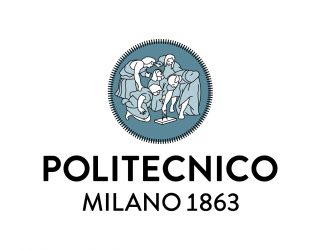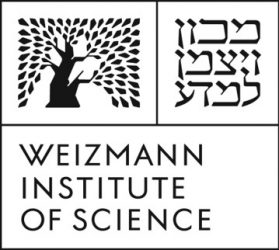The main objective of RECYCLE is to enhance international and European collaborations in research, entrepreneurial development and innovation within the area of water and environmental engineering through knowledge transfer among research institutions, private companies and policy making agencies about physical, chemical and biological processes, to develop reliable protocols for protecting natural water ecosystems.
RECYCLE project
Work package 1
Closing the cycle of pesticide application in agriculture
Objectives:
- developing technologies to retain and recover pesticides that can potentially be dispersed in the environment through drainage systems;
- propose quantitative models for predicting and interpreting the behavior of pesticides in water resources;
- develop a procedure, based on geochemical transformation, to recover pesticide components from pesticide-loaded Fe oxides;
- demonstrate the suitability of pesticide-loaded Fe oxides to be re-used for agricultural purposes.
Work package 2
Novel methods for characterization of long-term pesticide component binding in river and lake sediments
Objectives:
- characterize coupling of Fe and pesticides dynamics in selected lakes and rivers;
- develop novel methods to use RECYCLE system to improve the quality status of natural water resources (i.e., lakes and rivers);
- evaluation of long-term sustainability of lake and river restoration based on Fe amendment.
Work package 3
Mechanistic studies on pesticide component dynamics during sorbent phase transformations
Objectives:
- Unravel mechanisms controlling transformations of pesticides-containing Fe oxides in soil, sediments and drainage systems;
- determine kinetics of the Fe phase transformations and the corresponding release or uptake of pesticides components;
- creating quantitative models for predicting and interpreting the behavior of pesticides containing Fe phases in natural and engineered environments.
Work package 4
Training
Objectives:
- enable ESRs to conduct innovative scientific research by using state-of-the-art methodology and approaches;
- to communicate their results with the scientific community;
- to operate in different research environments;
- to think and act beyond disciplinary boundaries, to be aware of the societal, legislative, and economical context of their research;
- to identify stakeholders of their research and be able to delineate research in view of their needs;
- ESRs are trained in the valorization of their expertise towards the public and private sector;
- to recognize business opportunities of finding innovative solutions to environmental challenges.
Work package 5
Management
Objectives:
- ensure communication and regulate interactions between participants, dissemination, distribution of best practice among partners, maximum exploitation of results, compliance with intellectual property rights, gender balance;
- organization of internal arrangements and activities, financials, decision making, scientific and training performances;
- monitoring progresses of RECYCLE;
- acting as a contact point to guide RECYCLE fellows about efficient dissemination and communication of their work.
Work package 6
Dissemination/Outreach
Objectives:
- communicate RECYCLE results to scientific audience and to public;
- exploit scientific/technical results;
- demonstrate the European added value;
- create new business/marketable ideas.





